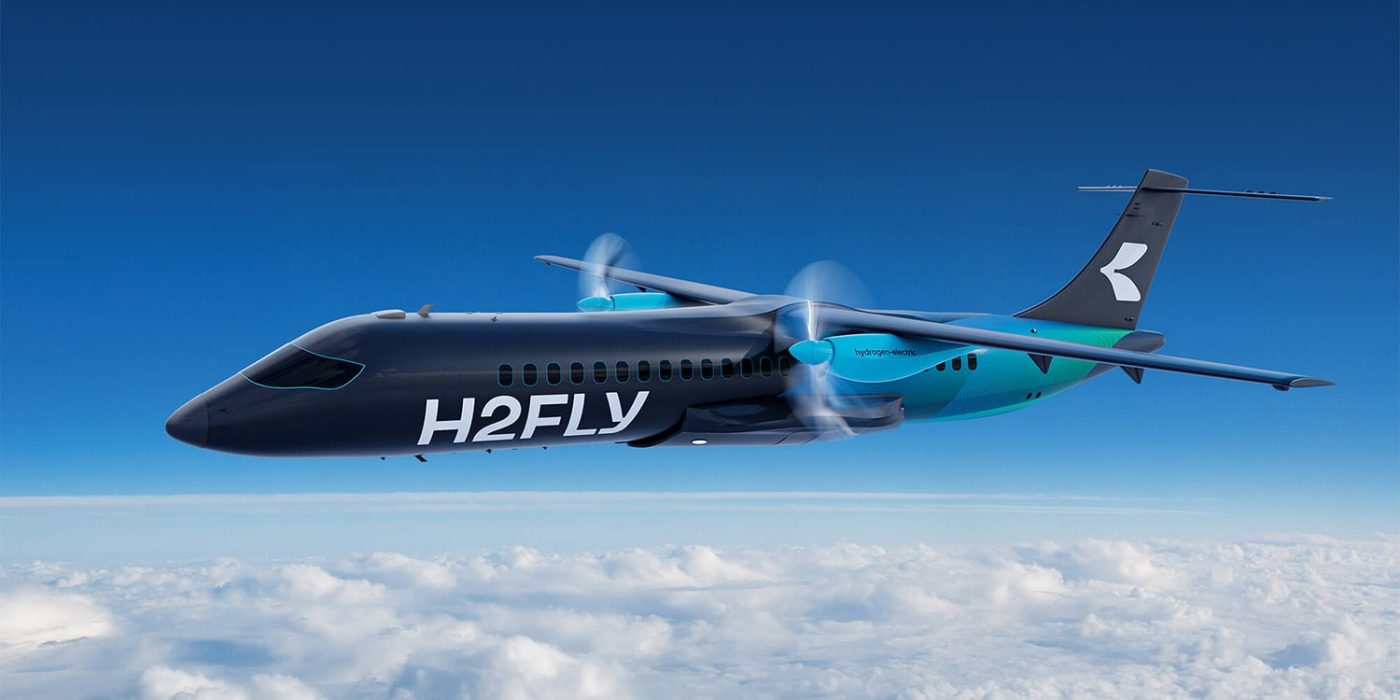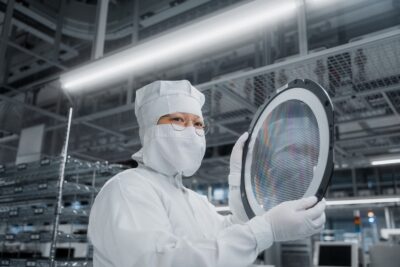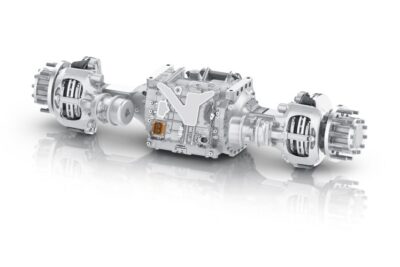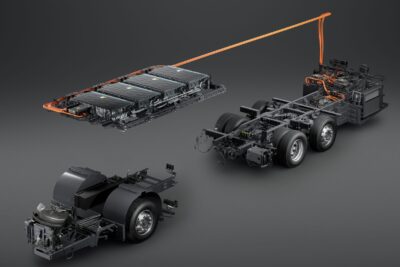H2FLY to test new hydrogen drive generation this year
The German company H2FLY, which specialises in the development of hydrogen fuel cell systems for aircraft, announces the next generation of its ‘H175’ system – a high-performance, modular propulsion unit being developed for use in commercial aircraft.
The H175 development programme will include a series of system generations that will be combined to scale performance to power hydrogen-electric aircraft in the megawatt range, according to the release. This would correspond to aircraft with a capacity of 20-80 seats. H2FLY says it is responsible for the development, integration and testing of all hardware and software for the new fuel cell system.
The H175 system is also designed for flight altitudes of up to 27,000 feet, which is the equivalent of about 8,230 metres. This mark brings the company “closer to its goal of sustainable commercial air travel”, H2FLY said. Until now, hydrogen-electric flight demonstrations have only been possible at lower altitudes. To operate, the fuel cell relies on oxygen from the ambient air, the saturation of which is known to decrease with increasing altitude.
H2FLY plans to test the first generation of its H175 system in flight this year. In addition, H175 fuel cell systems are to be integrated into a Dornier 328 demonstration aircraft and tested in flight operations as part of the “328 H2-FC” project. The Dornier 328 was one designed for up to 33 passengers.
“With H175 we introduce a completely new generation of aviation-grade fuel cell systems, pushing forward the state of the art in the industry,” says Josef Kallo, CEO and co-founder of H2FLY. “By developing this new system, but also working to solve the challenges of using liquid hydrogen with fuel cells in the HEAVEN project, H2FLY is bringing together all crucial elements to realize truly sustainable, commercial air travel.”
In the HEAVEN project referred to by Kallo, which has been running since 2019, H2FLY had reportedly taken the lead in December 2022. The stated aim of the project is to develop a fuel cell and cryogenic technology-based powertrain. In addition, H2FLY is establishing a centre for H2 aviation together with Stuttgart Airport.





0 Comments